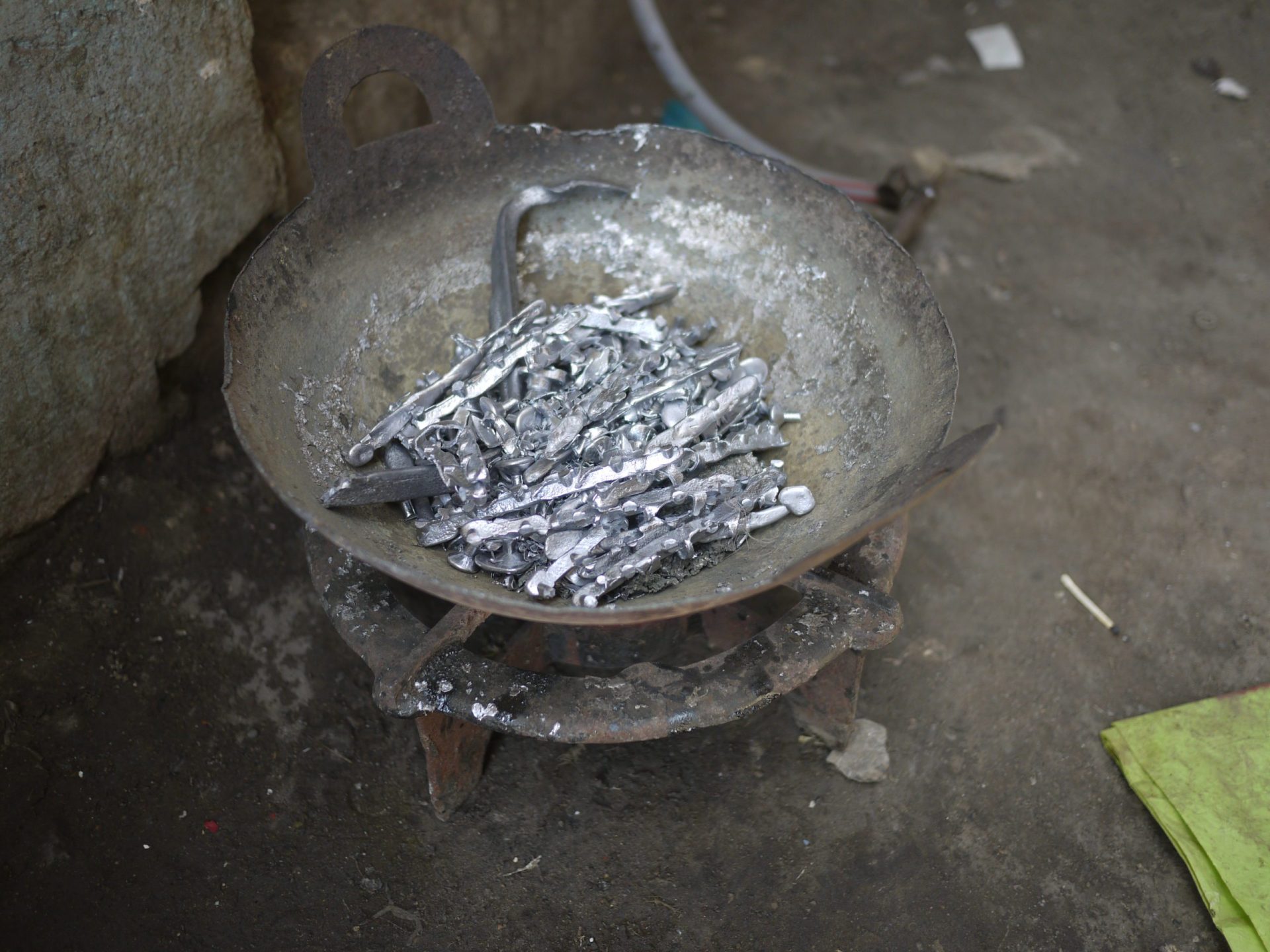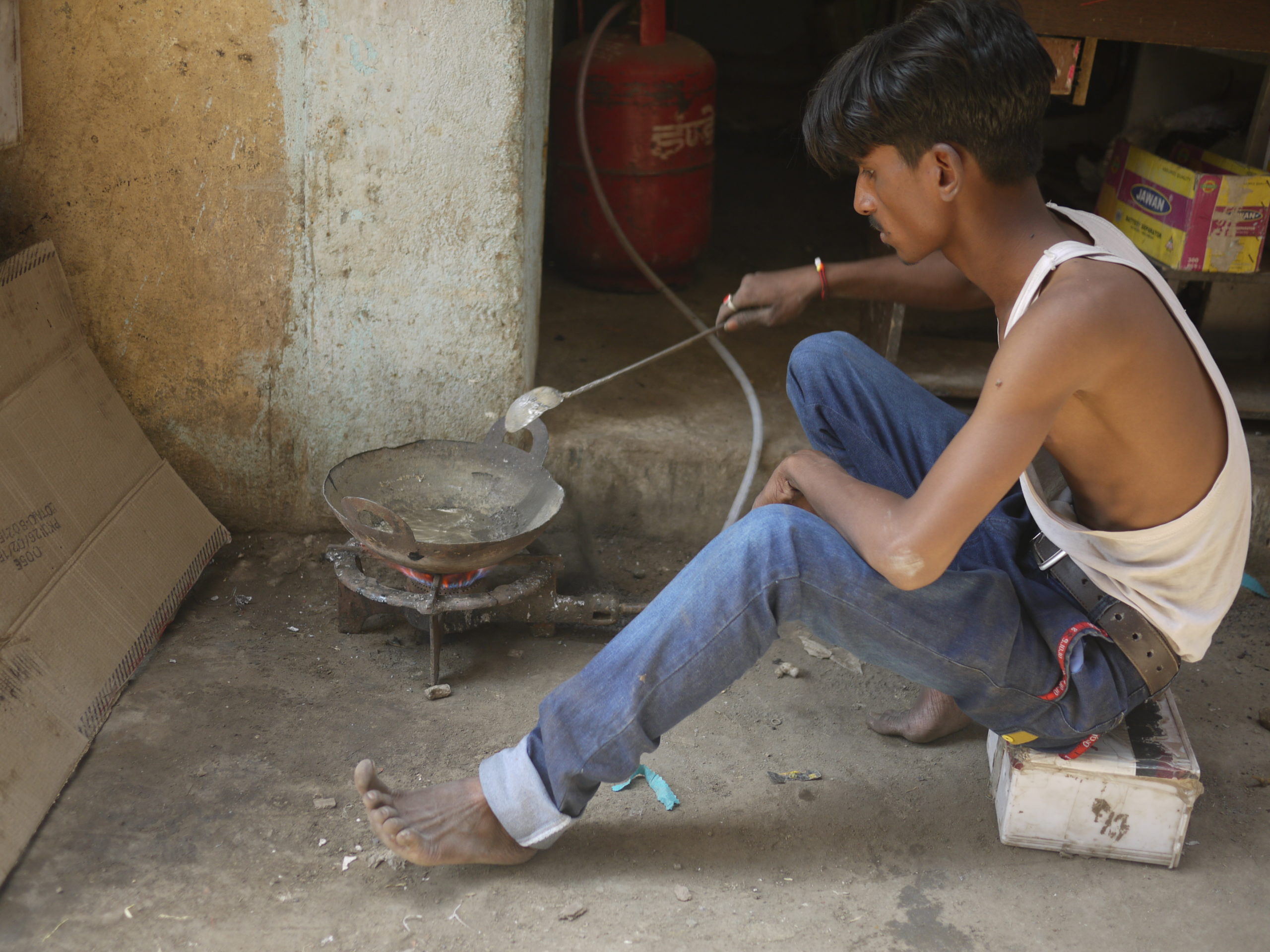
This man is “cooking” lead by the side of a busy road. This is a fairly common scene in Hajipur, home to many of the 40 informal and unregulated recyclers of used lead-acid batteries (ULAB) in Bihar, India.
In this densely populated area, workers break old car batteries and recycle the toxic lead by hand in the open, with no protection, and often with children walking or playing nearby.
Informal ULAB (or car battery) recycling not only spews lead dust into the air, it also scatters that toxic dust into the dirt beneath people’s feet.
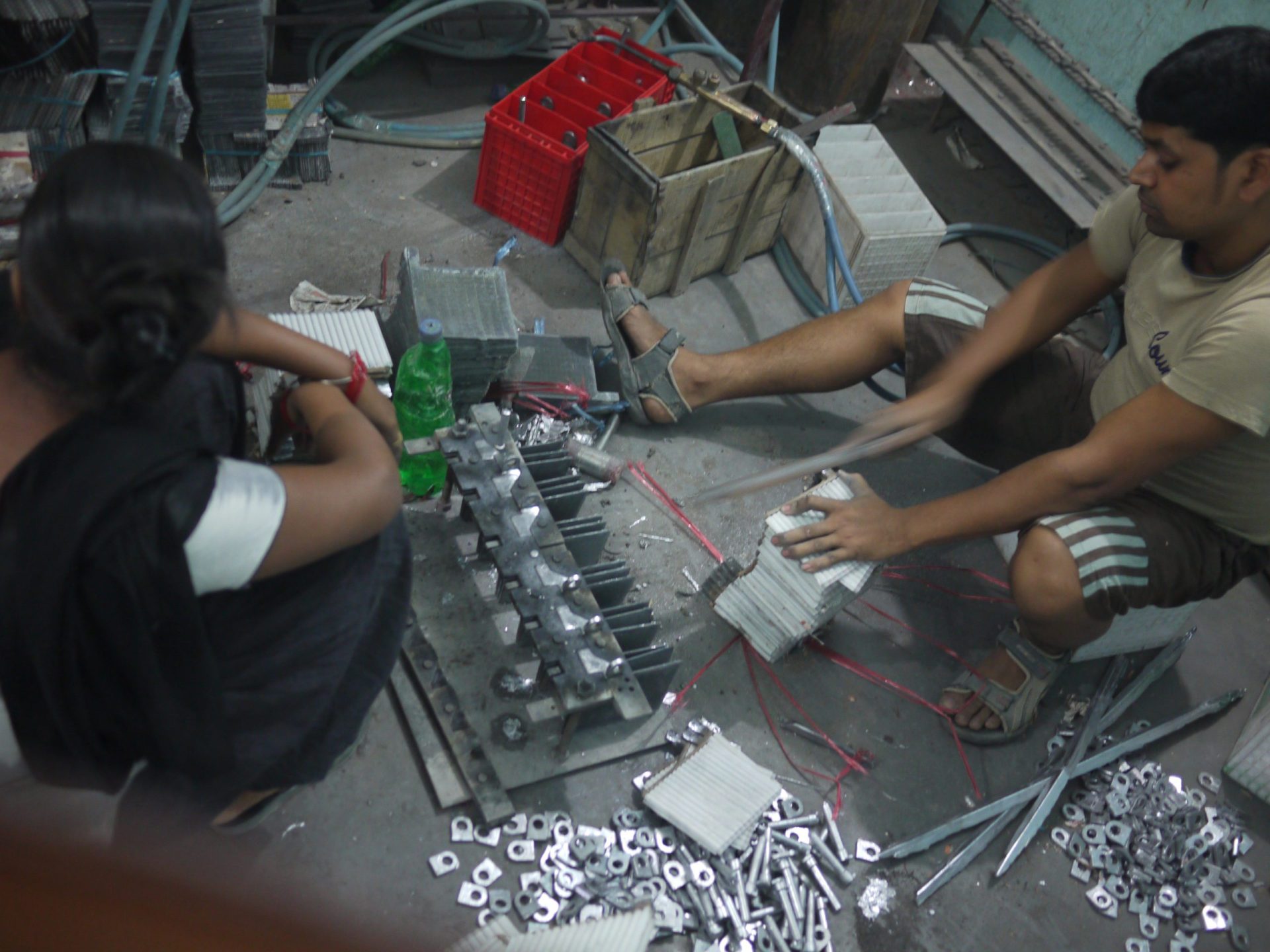
When we attempted to measure the level of lead in the top-soil at various spots in the village, including areas near recycling shops and residential yards, we found to our horror that the levels were so high that the screen of our hand-held soil analyzer could not display the values!
Once we downloaded the results to a computer, it turned out lead levels we had recorded exceeded 60,000 parts per million. This was about 150 times over international health standards for soil in play areas.
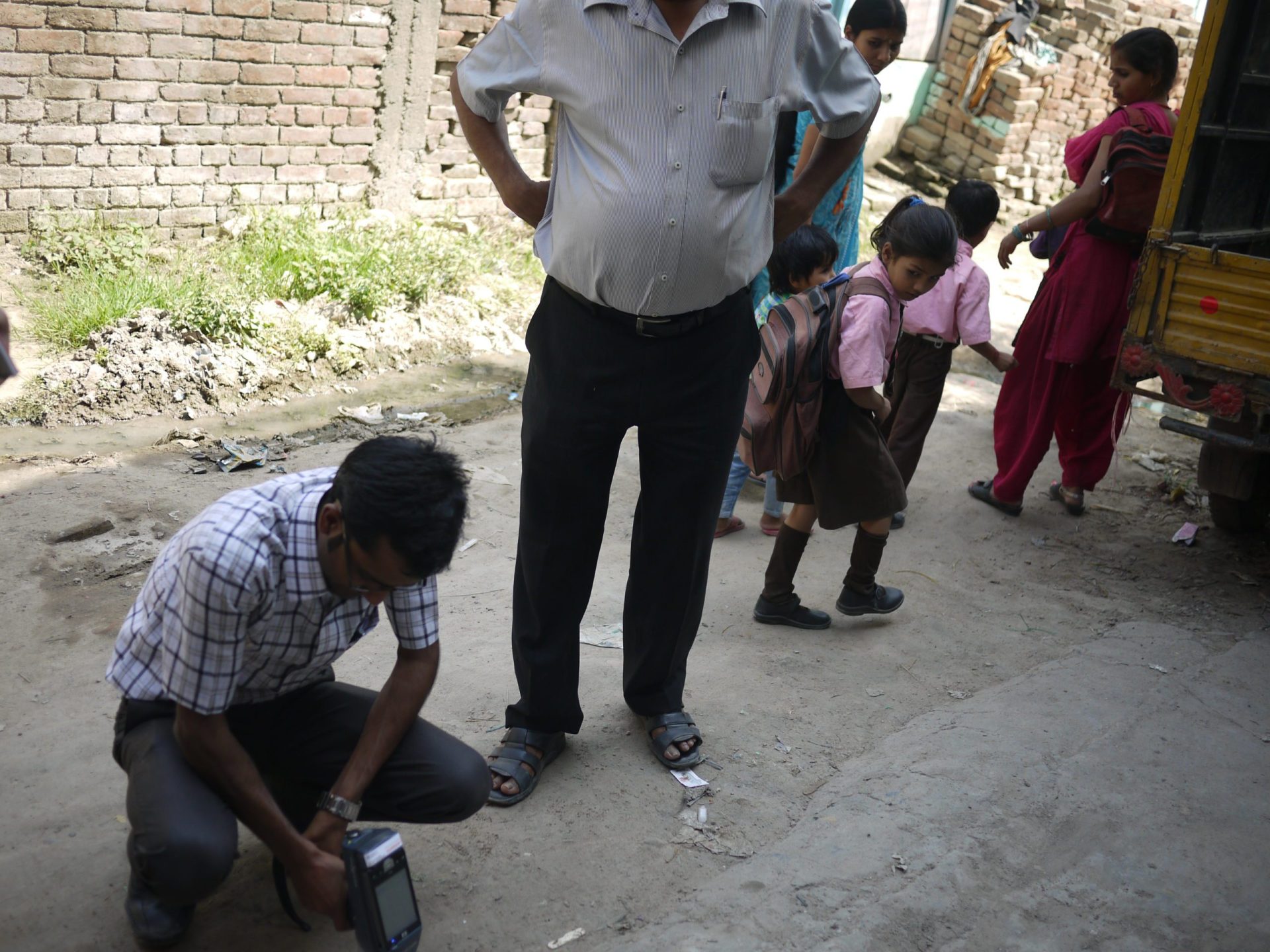
At those levels, walking around barefoot and playing on contaminated ground can expose children to danger.
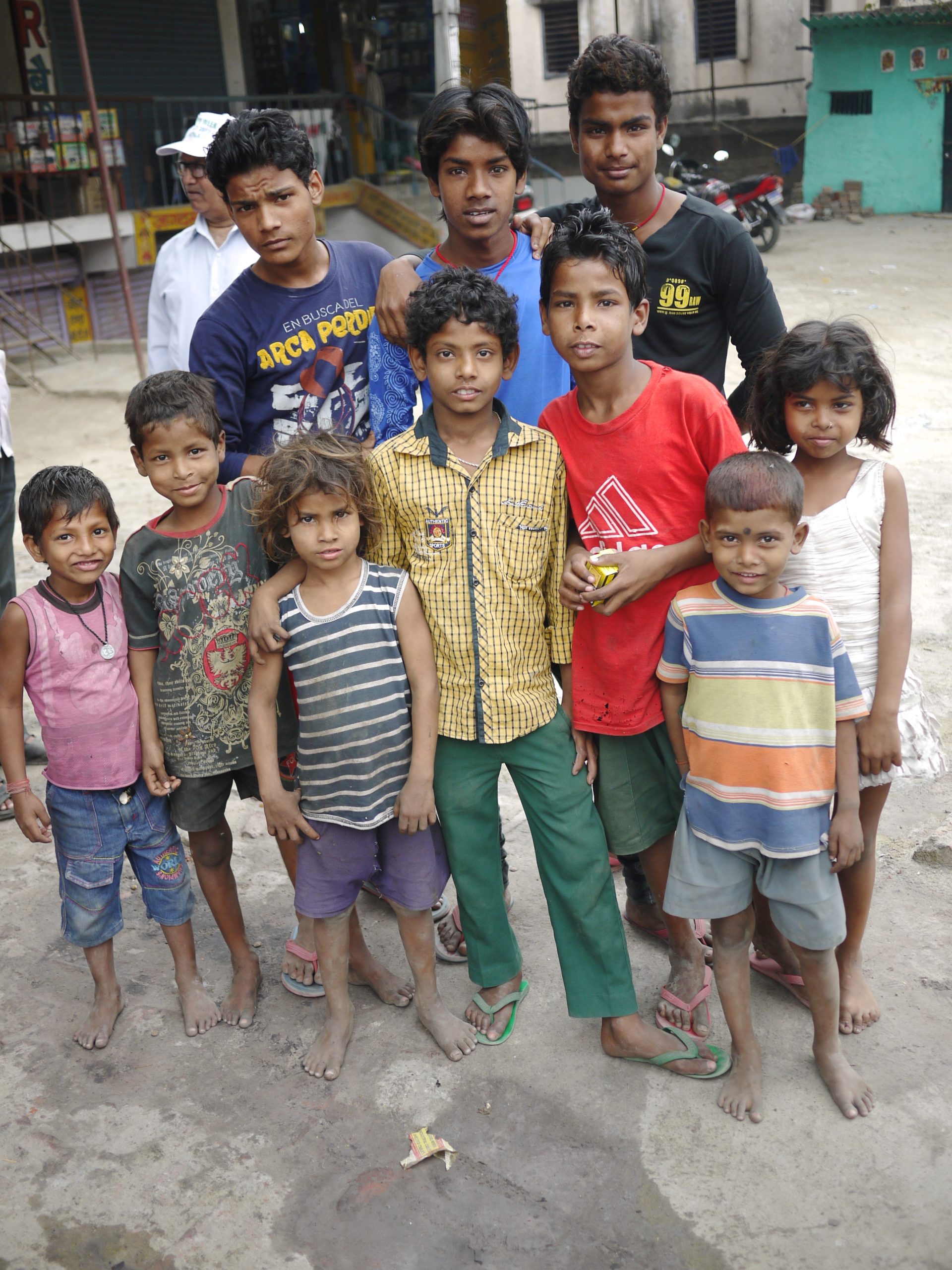
What we see in Hajipur happens in every city in the developing world. The informal recycling of ULABs (or car batteries) is one of the biggest sources of toxic lead pollution worldwide.
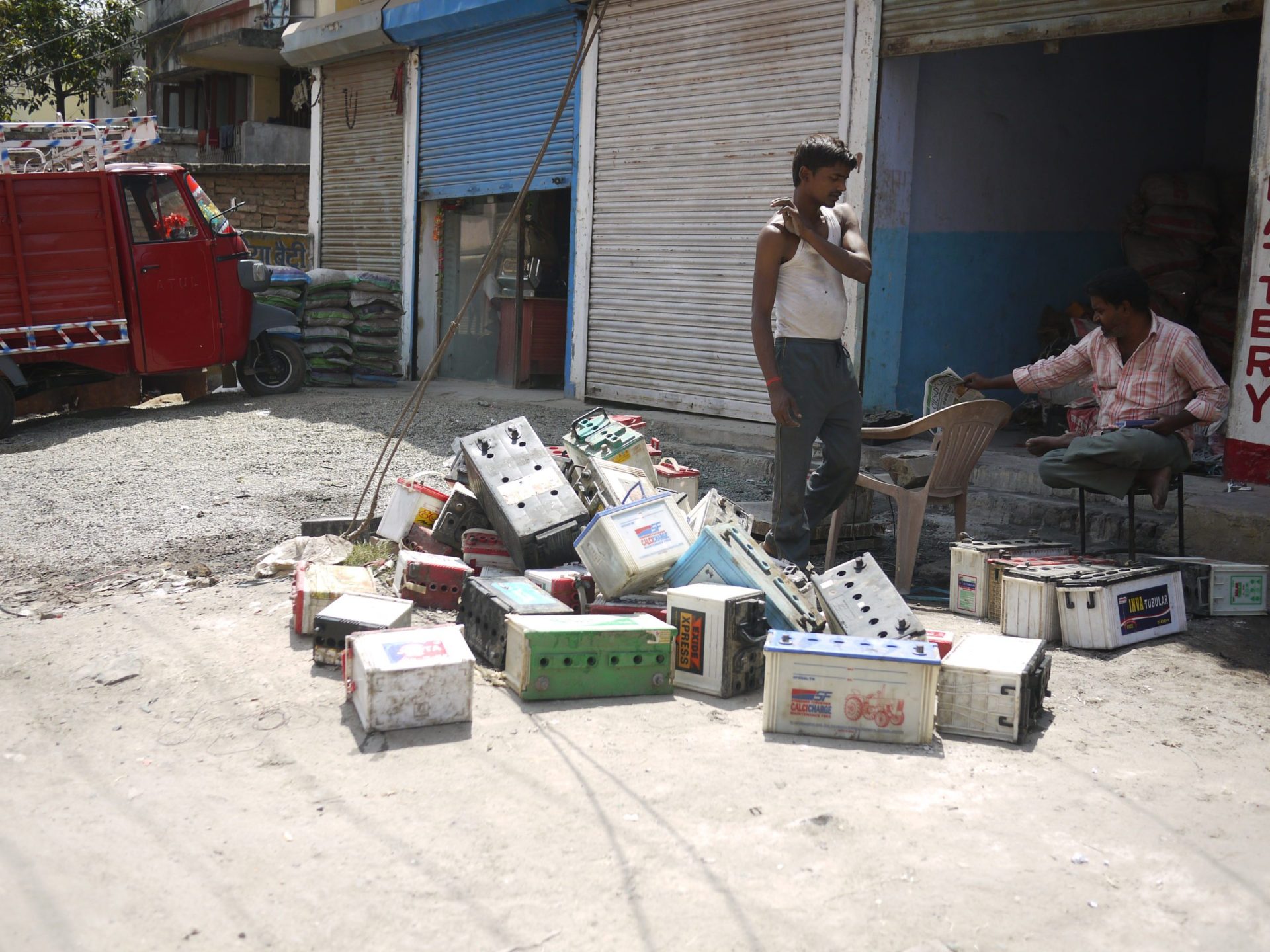
Toxic lead affects 1.5 to 2 million people in India alone, with children being the most vulnerable. It affects the bones, muscles, brain connections, leading to development problems, loss of IQ, and many more health issues.
While the numbers are staggering, and the impact devastating, you do not hear much about the toxic lead problem India, even when it does make headlines.
A few months ago, the front pages of Indian newspapers were obsessed over the unprecedented recall of 400 million packages of lead-tainted instant noodles. No one is sure exactly how toxic lead got into the noodles, but as Dr. Subhojit Dey from the Indian Institute of Public Health puts it:
India does not have a noodle problem, it has a lead problem, and we need to deal with it.
What is Pure Earth doing in Bihar?
We are working on:
- Conducting community environmental and health assessments
- Community education programs regarding lead risk
- Moving informal recyclers to safer areas
- Cleaning contaminated homes and workshops
- Cleaning contaminated outdoor areas
- Monitoring the project’s results
Related:
